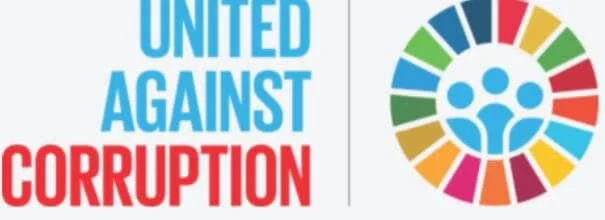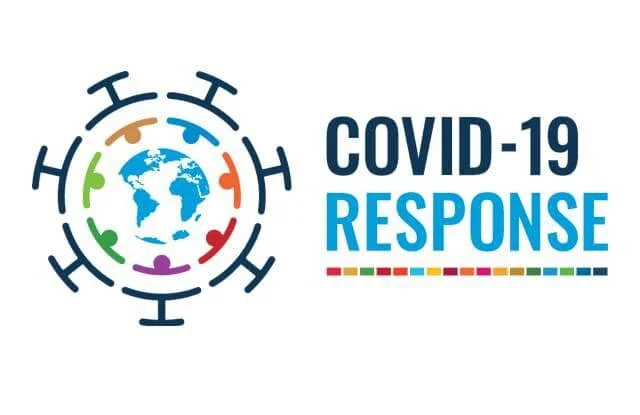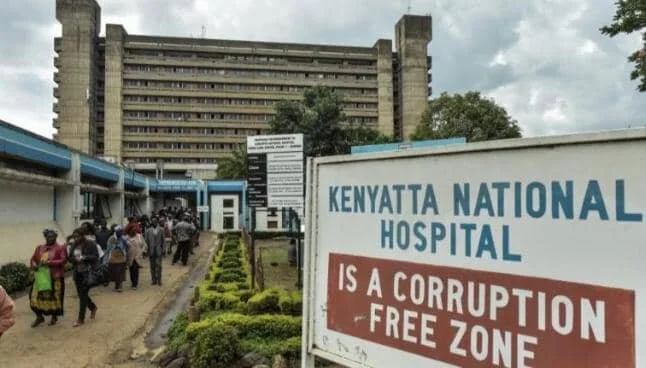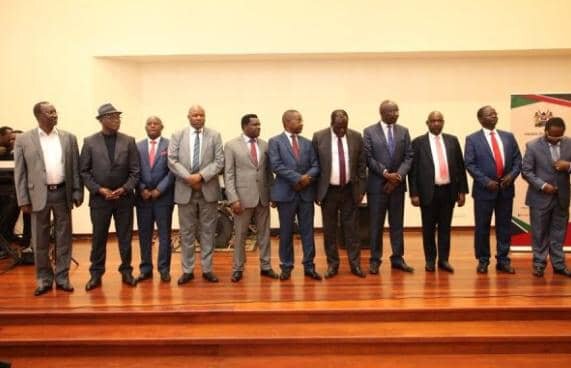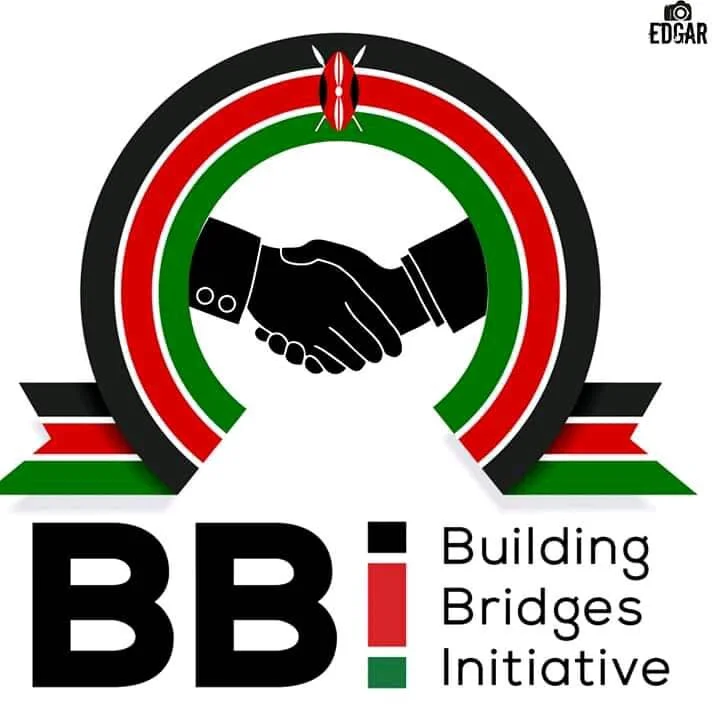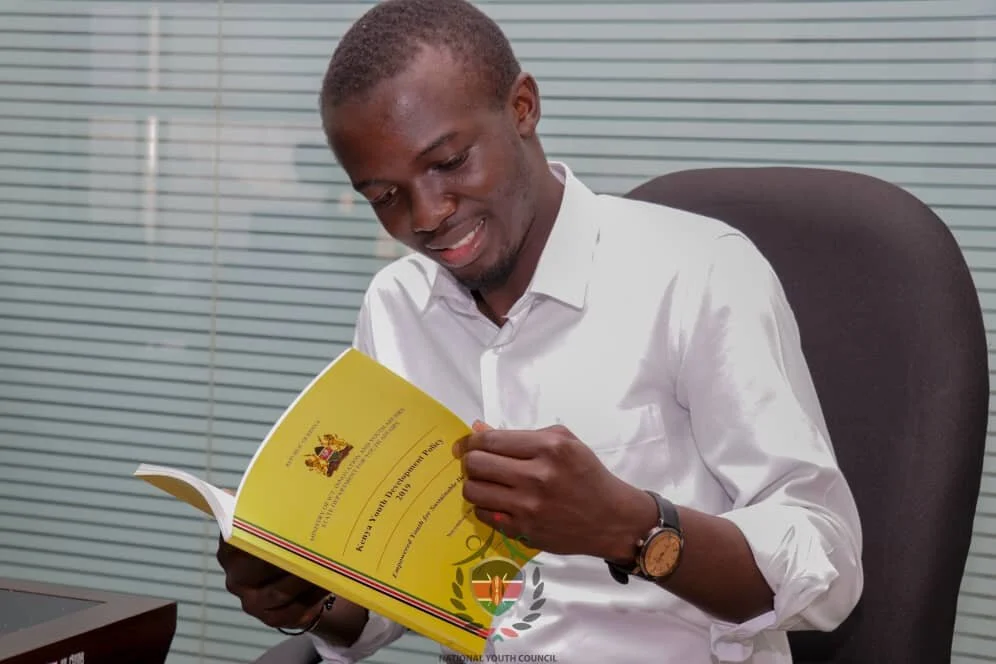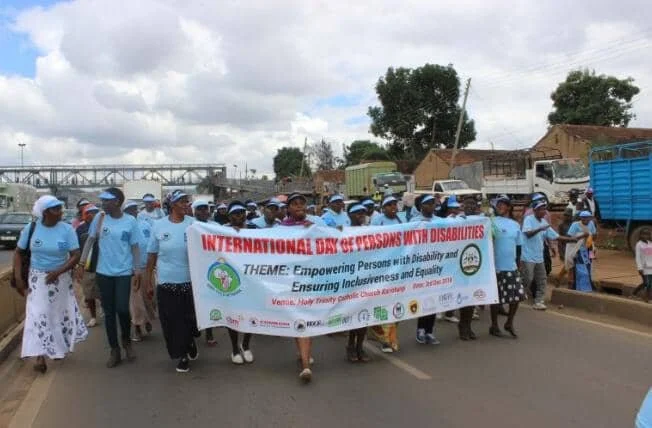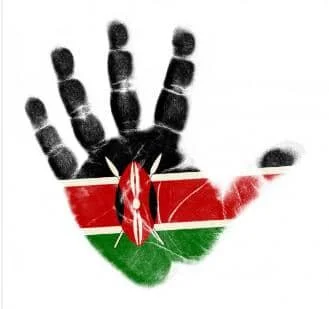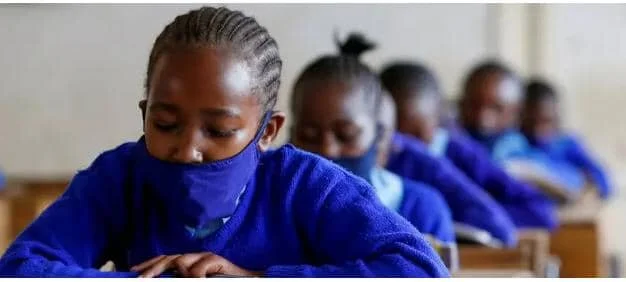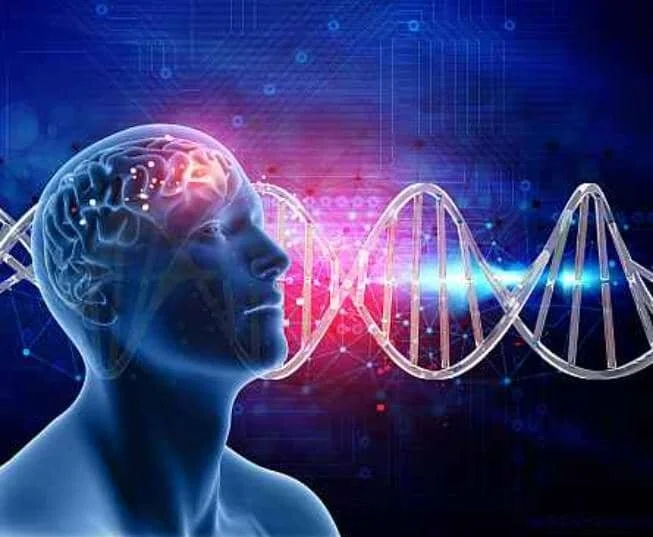Soft and hard corruption practices are deeply rooted in many systems and policies in the world. Even with active policies and structures to reduce corruption, accountability and transparency have to be deeply rooted in the values and culture of a nation. Coronavirus pandemic has tested the limits that countries have on integrity. More tests in form of economic frustrations and political uncertainty among others will continue to challenge the beliefs that people and their leaders have. It is upon institutions to create robust systems that eradicate systemic corruption and vows for a fair and justifiable life.
Press Release: Public Petition Regarding Illicit Assets And The Laundering Of Proceeds Of Crime To Tax Havens.
It is estimated that since 2011 Kenya has been losing an average of Ksh 40 billion every year to illicit financial flows through corruption, tax evasion, and other fraudulent practices that rob the country of required resources for economic growth. The petition has been endorsed by 40 signatories, both individuals, and Civil Society Organisations, all calling for expedited efforts to recover these assets and the need for a well-established mechanism for the use of the repatriated funds.
Petition On Measures To Institute Transparency And Accountability In COVID-19 Procurement
We have noted with great concern, gaps in transparency, and accountability by government agencies charged with managing COVID-19 resources. The National Treasury in the spirit of conforming to the Presidential Directive should issue a policy directive in the next 30 days, that allows the Public Procurement Regulatory Authority (PPRA) to recommend sanctions against procuring entities that fail to comply with the Executive Order No. 2 of 2018.
Joint Press Statement: Institute Immediate Measures To Guarantee Integrity, Transparency And Accountability In COVID-19 Response Efforts.
Citizens have a right to participate in the making of decisions that affect their lives. Being open and transparent, and involving those affected in decision-making is key to ensuring people participate in measures designed to protect their own health and that of the wider population. We have noted with great concern, gaps in transparency, and accountability by government agencies charged with managing COVID-19 resources.
Press Release: Corruption In The Health Sector Is Negatively Affecting Realization Of The Right To Health
There have been numerous reports on corruption cases and lack of transparency in the health sector for a significant period of time (or we could say for almost a decade) as detailed in this matrix. In almost all of these cases, no conclusive investigations have been conducted nor have any prosecutions been undertaken. Consequently, no convictions have taken place, but in certain instances, money has been paid back to the donors using tax payers’ money.
Imperatives For Policing Transformation: An Initial Response To Building Bridges Initiatives Implementation Road Map
The proposed Council further undermines the independence of the Office of the Inspector General. The current proposal envisages a Council chaired by the Internal Security Cabinet Secretary, Internal Security Principal Secretary, Police Inspector General, and two senior members of the National Police Service all appointed by the President. Should this proposal pass in its current form, the country will be predictably returned to an era when the police acted and were perceived as an extension of the ruling executive.
What About Corruption- Free Awareness Month?
Corruption starts a long chain of wrongful benefits that, when abandoned, can save millions in valued time and resources. Many Kenyans know that a visit to the county or social services office demands patience, and to beat the long lines, many wake up before sunlight only to wait for a government official that will show up 4 hours past opening hours. Data from Transparency International indicates that at least a quarter of African’s youngest and poorest citizens must pay bribes every day to survive.
Katiba At 10: Youth
Before the coming into force of the 2010 Constitution, the youth were a highly neglected part of the Kenyan society in terms of the laws put in place to ensure their protection and representation. For instance, the most notorious clause in this law was the anti-discrimination clause, Section 82, which excluded age as a ground for discrimination. In this law, age was only mentioned as a cap for retiring from and qualifying for certain positions or as a justification for the limitation of certain rights.
Katiba At 10: Persons With Disability
The former Kenyan constitutional dispensation made no mention of persons with disabilities. The 1963 Constitution outlawed discrimination on various grounds such as race, tribe, color but omitted discrimination on the basis of disability. This evidences the manner in which the previous legal system overlooked the rights of persons with disabilities. However, other sectors made efforts in championing for these rights.
Katiba At 10: Women
The global women’s movement, universally known as the feminist movement is arguably the most conspicuous voice among the marginalized groups worldwide. To this extent, women have even been dubbed the winners of the ‘Oppression Olympics’ as the vocalization of their rights tend to overshadow the plights of the other marginalized groups. Women in Kenya have, since the 1980’s, participated in the feminist movement in a bid to secure their rights despite the gender-retrogressive provisions of the former Constitution.
Katiba At 10: Corruption
Kenya has been waging war against corruption since it became an independent state. Almost every socio-economic challenge grappled by Kenyans can be linked to the corruption menace. Graft had been ill to Kenyan society during Mzee Kenyatta’s presidency where corruption was isolated and only those close to the executive arm got a piece of the illicit cake. Since then, corruption has morphed and permeated a majority of institutions beyond the executive arm.
Katiba At 10: Children
Chapter four of the Constitution on the Bill of Rights in which children are entitled to, Article 53 is specific to addressing the rights of children. The Article reiterates the rights granted to children in the Children Act such as the right to a name and nationality, free and compulsory basic education, basic nutrition, protection, parental care, and other rights touching on child detainees. The provisions in this legislation are quite extensive and the promulgation of the Constitution extended the scope of the protection of the rights and welfare of children in this Act.
Lockdown Live: Education In The Time Of COVID-19
Can we say that the pandemic has fully shown us what inequality is in the education sector? The frameworks and regulations that have existed in the education sector are definitely not working, and as such, the gap between the rich and the poor is more evident. Children whose parents can afford private schooling, electricity, internet access, and a balanced diet are going on with their learning online, while children who so much depend on their local primary school to have a meal are forced to wait on government directives.
Let One And All Arise!
We are failing to uphold the values we all agreed to pay homage to. Gradually, we are eating away our democracy and accepting corrupt ways of our moral compass. Instead of proudly speaking up, standing out, and embracing our truths, we are clinging to a flawed ethical system to be our legacy. We have negated our roles as citizens to anyone who cares to do whatever they please. Why are we condoning the idea of slavery in our own land?
Prioritizing Play Over Pen And Paper: What COVID Can Teach Us About Education
It is vital to recognize that this is NOT the experience of everyone - many children will have suffered through missing the routine, or protection, of their schooling, and it is essential that we recognize this, to highlight the true value of our amazing educators across the world. But, the temporary erasure of a strict, fast-paced, and standardized education has allowed teachers and parents alike to relax the strictest curriculum and introduce alternative teaching methods.
Lessons Learned In Lockdown
Within weeks of the Covid-19 pandemic closing schools and universities, most learnings were happening in an online space. Institutions embraced online teaching as a means to sustain their students’ educational progress during the lockdown. The relief felt in the disabled community at this development has been palpable. Students like myself no longer feel as though they are faced with the daily decision: Do I compromise my health to access my education?
It All Boils Down To You. Does It Deserve Your Attention?
Covid-19 has many un-answered questions which make the perfect loophole for a person seeking to spread wrong information on the internet. The irony of the internet is that information and disinformation sources act like winy babies fighting for a parent’s attention. You and I being the parent in case that wasn’t in the open. It is exhausting to think that for every truthful piece of information disseminated, there are dozens of wrong information circulating in the same manner. That leaves us with the burden to determine which sources are worthy of our attention.
Mental Health
Mental health issues are on the increase as COVID-19 cases increase in the country, further paralyzing the lives of Kenyans. The government measures to cushion the spread of COVID-19, which include school closure, banning social gatherings, and temporary unemployment, which has led to a long period of isolation. The psychological impacts for many people include high levels of stress, fear, and anger, which may be a result of unplanned changes. For many people, fear has been triggered by the awareness by a low probability of survival.

